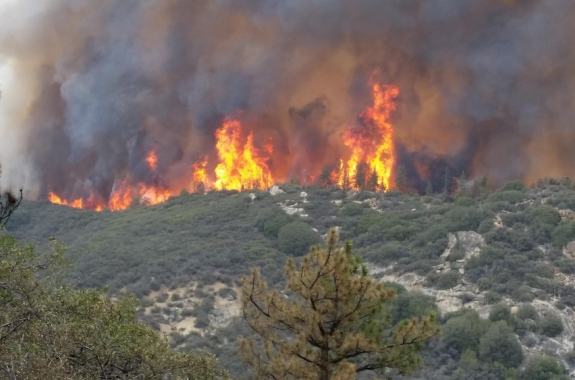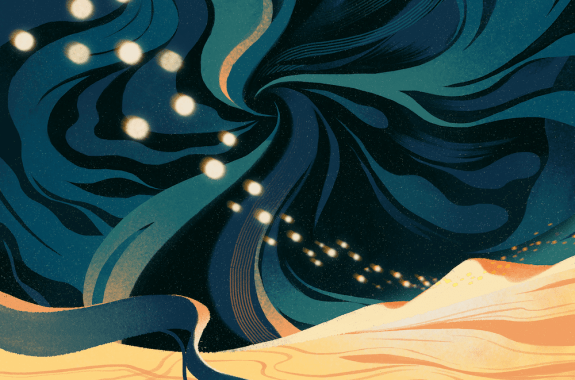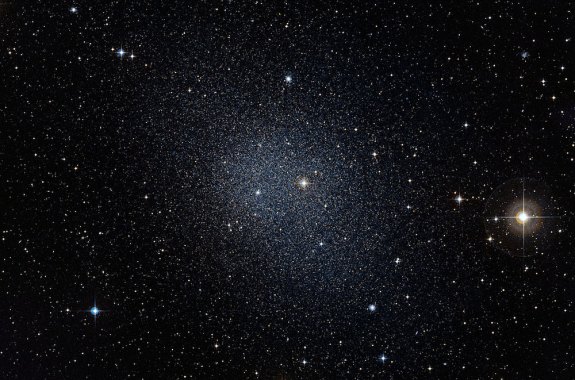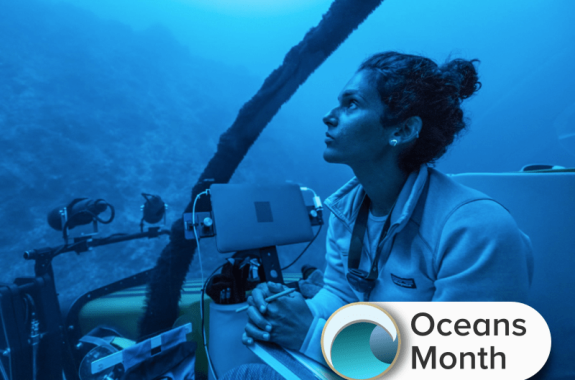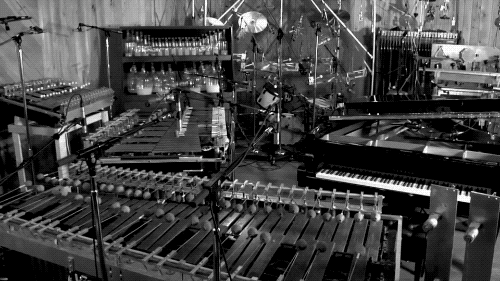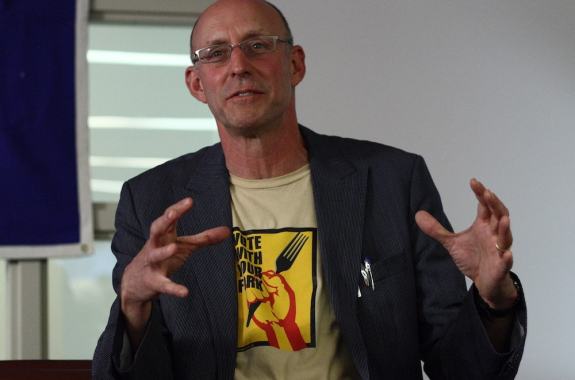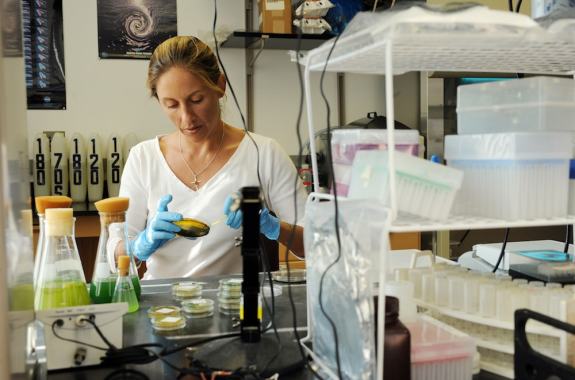Christopher Intagliata was Science Friday’s senior producer, which means he was chief cheerleader for all the radio and podcast projects. He helped to select and shape stories, or put them to a gentle death if necessary. He was also the coordinating producer for Science Friday’s live stage events around the nation, and has skated Olympic ice and served as a prop in an optical illusion for SciFri.
Christopher started at Science Friday as an intern in summer 2008, until the day Ira Flatow called him at home, triggering enormous anxiety about the latest script he’d written, to ask if he wanted to be a producer. His favorite stories usually involve microbes or food or both, but anything can pique his interest—other than ocean chemistry. Sorry.
He also reports regularly for Scientific American‘s “60-Second Science” podcast, and was a 2015 Woods Hole Ocean Science Journalism fellow. Prior to becoming a science journalist, he taught English to soldiers and bankers in Verona, Italy, and traversed the Sierra Nevada mountains as a field biologist, on the lookout for mountain yellow-legged frogs. He speaks fluent Italian, awkward Japanese, and passable Ira Flatowese.
He is now an editor for All Things Considered.
9:13
Tracking Tweets To Forecast Smoky Skies
Researchers with the U.S. Forest Service say social media can help them predict smoke dangers in areas not routinely monitored for air quality.
11:13
Following The Burnt Crumbs To The Rise Of Bread
By analyzing bits of burnt bread, scientists determined that breadmaking may pre-date the agricultural revolution.
7:39
Radiolab Investigates Our ‘Magical Organs’
In a limited-run series called ‘Gonads,’ Radiolab producer and host Molly Webster explores the fascinating world of embryonic development.
24:56
How Abstract Math Can Analyze Social Injustice
Abstract math can be a tool to better understand power structures in society, says mathematician Eugenia Cheng, and to examine the injustice between groups.
34:56
Dark Matter Eludes Particle Physicists
Most of the “stuff” in the universe is invisible “dark matter,” if our theories are correct. So why is it so hard to find?
34:25
How Seafaring Scientists Are Mapping The Deep
Scientists are discovering new species nearly everywhere they look in the deepest parts of the ocean. Two of them make a case for why this remote habitat is worth our close attention.
17:39
Artificial Intelligence Gets A Musical Makeover
Computer scientists, artists, and designers are creating orchestras that play themselves, and algorithms that compose original music and lyrics.
29:55
Consciousness, Chemically-Altered
In his new book, “How to Change Your Mind,” Michael Pollan writes about a new revolution in the scientific study of psychedelic drugs.
10:18
Produce Safety Tests Could Use A Refresh
Many farms still test the safety of their produce by plating irrigation water and seeing what grows—an up to 48-hour process. Molecular biologist Rachel Noble says a DNA test could quicken the process.
11:03
Glimpses Of Galaxies Far, Far Away
Last week we asked you to help us spot galaxies magnified by other galaxies, known as gravitational lensing. This week we reveal what you found.
